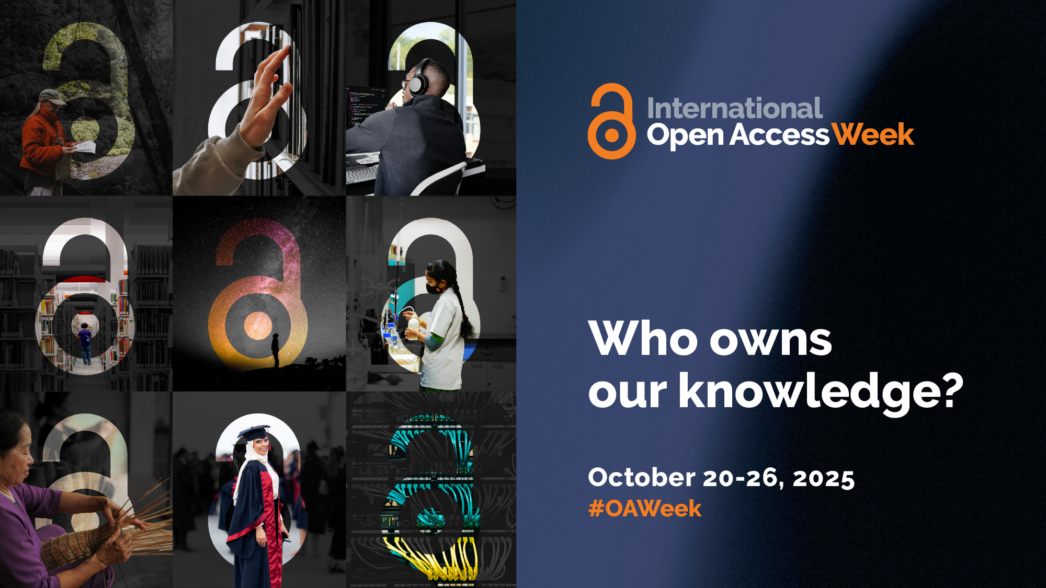Knowledge is powerful – but knowledge that’s freely accessible is transformative. Open access publishing makes scholarly research available online for anyone to read and download – no paywalls, no barriers. While traditional journals often charge readers to access an article, open access ensures ideas can reach everyone who needs them.
International Open Access Week is a global celebration of this principle. It’s a chance for researchers, institutions, and organizations to highlight how freely sharing knowledge can spark collaboration, inform policy, and shine a light on important social issues.
At CanFASD, we know the value of open access firsthand. By making FASD research widely available, we can share insights with more people – helping improve understanding, care, and policy. To mark Open Access Week 2025, we’re highlighting a few of our recent open-access publications. Dive in!
Health Promotion and Support Grounded in Interconnected Influences on Alcohol Use in Pregnancy
A recent review of 2023 research explored why some people drink alcohol during pregnancy. The findings showed that alcohol use is shaped by many connected factors, including knowledge and awareness of the risks, stress and mental health challenges, social conditions like income and housing, overall health before and during pregnancy, and broader issues such as stigma and policy barriers. The review emphasizes that prevention efforts work best when they are supportive, non-judgmental, trauma-informed, and culturally safe – focusing on improving overall health and well-being rather than simply discouraging alcohol use. Read the full article here.
Integrated service delivery for individuals with FASD
People with FASD often have complex needs that require help from many different services and systems. A recent study looked at how integrated service delivery – where supports are coordinated and connected – works in a rural Canadian FASD centre. By reviewing research, program data, and staff interviews, the study identified what helps and hinders integrated service delivery, as well as the positive impacts it can have. Key themes included the importance of strong connections, client choice and autonomy, person-centred care, opportunities for learning and growth, and shifting expectations to better meet individual needs. The findings offer valuable insights for improving FASD programs and shaping future research and policy – both in Canada and beyond. Read the full article here.
FASD diagnostic clinic capacity in Canadian provinces and territories
A 2024 study examined how many clinics across Canada can diagnose FASD and how many assessments they complete each year. Data were collected from 33 clinics in Alberta, British Columbia, Manitoba, Ontario, and the Northwest Territories, covering the years 2015 to 2019. The findings revealed that diagnostic capacity is far too low in every region studied. It’s estimated that about 98% of people with FASD in Canada remain undiagnosed or misdiagnosed. Wait times for assessment varied widely – from as little as one month to as long as four and a half years. The researchers concluded that Canada would need at least a 67-fold increase in diagnostic capacity to meet the current need. Read the full article here.
An updated systematic review of the literature on FASD and the criminal legal system
People with FASD often face personal, social, and systemic challenges that can increase their risk of involvement with the criminal legal system (CLS). A recent study updated a 2018 review of research on this topic, analyzing 54 studies published between 2017 and 2024 – more than double the number from the earlier review. Most of the new research came from Canada and Australia and explored FASD prevalence in CLS settings, the experiences and needs of people with FASD, and how the CLS responds to and supports them. While the field is growing, there are still major gaps, including limited intervention studies, a lack of long-term research, and few training opportunities for CLS professionals. These findings help identify key priorities for future research and better ways to support people with FASD who come into contact with the legal system. Read the full article here.
Support open access research
If you enjoy reading open access research as much as we do, consider supporting CanFASD’s Open-Access Research Fund. Your donation helps keep these important articles free for anyone to read, ensuring that knowledge about FASD can reach the widest possible audience and continue to inform research, policy, and practice. Together, we can make vital research accessible to everyone!

